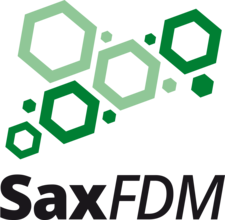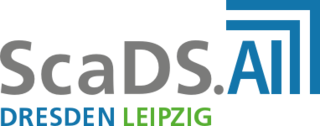Research data management
Research data management
Research data are the basis of scientific knowledge. Open data practices promote transparency and reproducibility. We support researchers in implementing responsible data management, thereby contributing to the assurance of good scientific practice.
Resources
Cross-institutional co-operation
As part of cross-institutional collaborations, we participate in projects that develop valuable resources for data management. Learn more about the individual initiatives, which are designed to be both discipline-specific and state-wide, enriching our research landscape.
About us
The Research Data Management working group is cross-departmental: Department for Research and Transfer with a focus on planning and third-party funding; University Library with a focus on metadata, data publications and licences; University Computing Centre with a focus on technical services.











































































